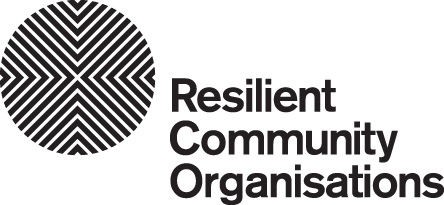Disadvantage and Disasters
"Disasters operate as a kind of lens, allowing society to perceive what was before its eyes all along. The best way to prevent social disadvantage from becoming deadly during disasters is to eliminate disadvantage, rather than merely focussing on the disaster situation. The social disadvantages our society treats as ordinary and unremarkable (can) become deadly in dramatic ways during the course of a disaster." [1]
The Community Sector's Advocacy Role
The community sector has a strong history of advocating for the policies needed to create a fairer Australia.
Community organisations advocate at national, state and local community levels.
As disasters and emergencies and climate change disproportionately impact people experiencing poverty and disadvantage, we need to ensure that we are a part of this discussion at each of these levels.
National and State peak organisations have important roles to play.
Local community organisations also have an important roles to play in their local community. These resources provide starting points for:
- What organisation’s need to connect at the local level to enable effective advocacy for improving local disaster resilience, and
- What are the broad priorities worth advocating for at the local level to improve disaster resilience?





